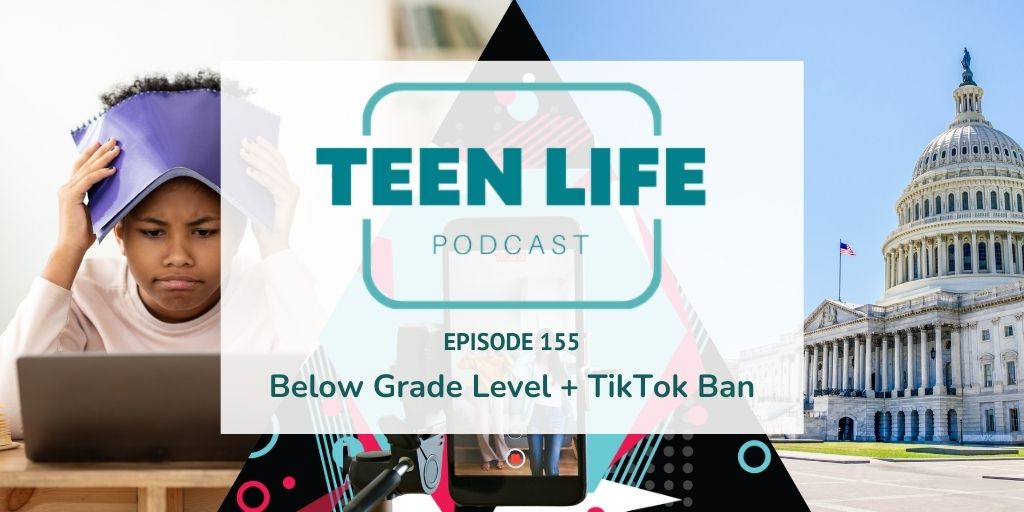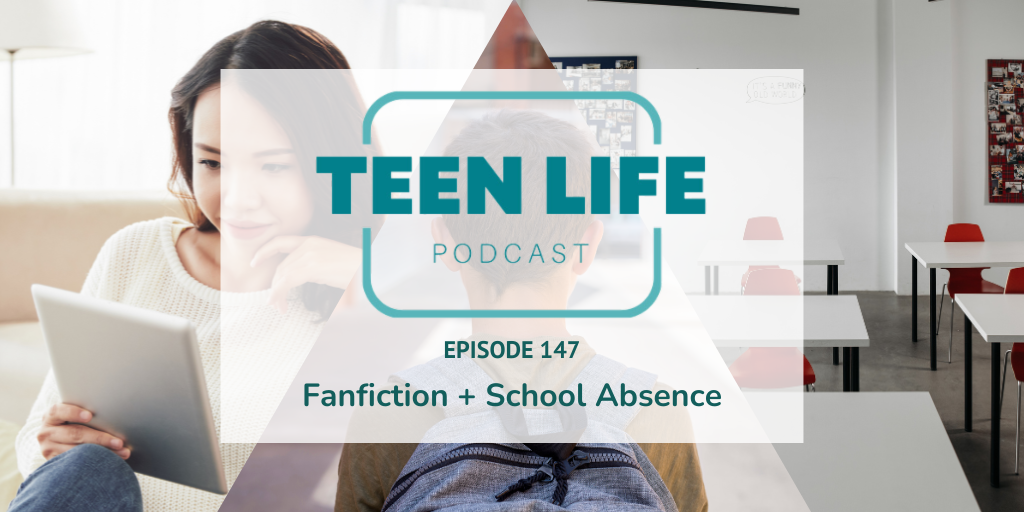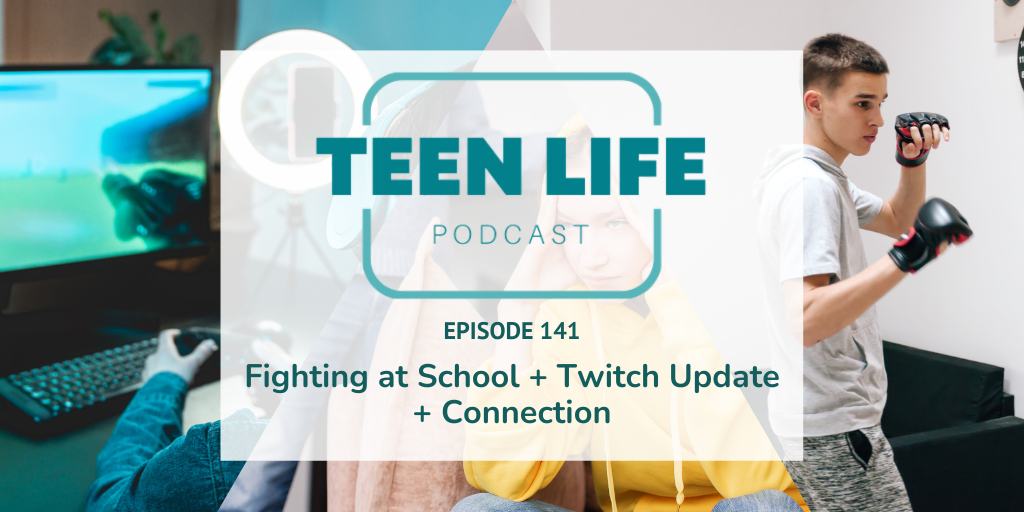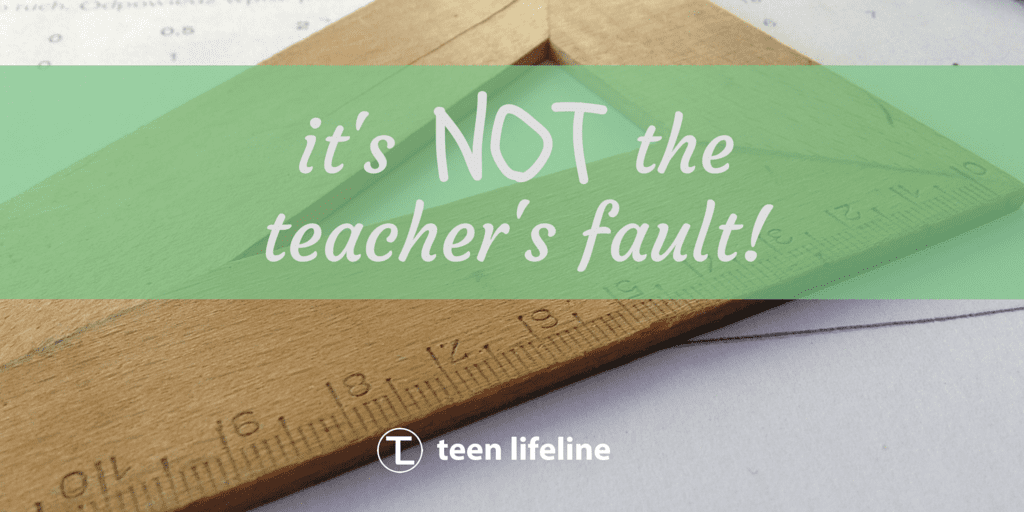
Below Grade Level + TikTok | Ep. 155
Podcast: Play in new window | Download
Unlocking Success for Students Below Grade Level
Report cards and grades have traditionally been our primary understanding of our children’s academic progress.
Grades don’t always provide the full picture, however.
That’s where Go Beyond Grades comes in. Go Beyond Grades is a national campaign aimed at bridging the gap between how parents think their kids are doing and the reality of their children’s academic performance.
The Reality Check: Perception vs. Reality
The Power of Communication Between Parents, Teachers, and Students
One crucial recommendation from teachers is simple yet often overlooked: talk to them. Engaging in open communication with your child about their academic experiences is key.
Ask them how they feel about their coursework. Are they struggling with assignments? Are they receiving constructive feedback from their teachers? By initiating these conversations, you can gain valuable insights into your teen’s academic journey.
Moreover, don’t hesitate to reach out to your child’s teacher if you notice any red flags.
Teachers are invaluable allies in supporting your child’s educational development. Go Beyond Grades offers a PDF of sample questions you can ask about your child’s progress in math and reading.
The Importance of Continued Support
It’s essential to maintain regular check-ins with both your child and their teacher. While it’s important not to be overbearing, demonstrating your ongoing interest and support can make a world of difference in your teen’s academic success.
Resources for All Ages: From Elementary to College Planning
Strengthening Home-School Partnerships
Paving the Way for Academic Success
By fostering open communication between parents, teachers, and students, we can unlock their full potential and pave the way for academic success. Let’s go beyond grades and work together towards a brighter future for all students.
Also in this episode
- Taylor Swift is set to release The Tortured Poets Department on April 19.
- What’s new on the looming TikTok ban.
In this episode, we mentioned or used the following resources.
- Billboard: Everything We Know About Taylor Swift’s New Album ‘The Tortured Poets Department’ So Far
- Taylor Swift Store
- Go Beyond Grades
- Readiness Check
- Learning Heroes – Teacher Resources
- Podcast music by Luke Cabrera & Tobin Hodges
Have a question?

Karlie Duke
Communications Director

Tobin Hodges
Program Director

Caleb Hatchett
Podcast Host
Caleb Hatchett | Podcast Co-Host
Caleb loves helping teenagers take ownership of their faith and relationships. He graduated from Abilene Christian University with a degree in Youth and Family Ministry and is currently Student Ministry Director at Jenks Church in Oklahoma.
Tobin Hodges | Program Director
Tobin’s entire career has been centered around students and teens from all walks of life. He has a passion for helping teens be their best selves. As Program Director, he loves working directly with school staff and students through Teen Life Support Groups. Tobin has a Bachelor’s Degree in Music from Texas Tech University.
Karlie Duke | Director of Communications
Karlie has always had a heart for teenagers. Through her role at Teen Life, she loves to showcase the amazing stories coming out of Support Groups, but she is especially passionate about helping adults and teenagers find connection. Karlie has a BS in Communications with a minor in Family Studies from Abilene Christian University.












